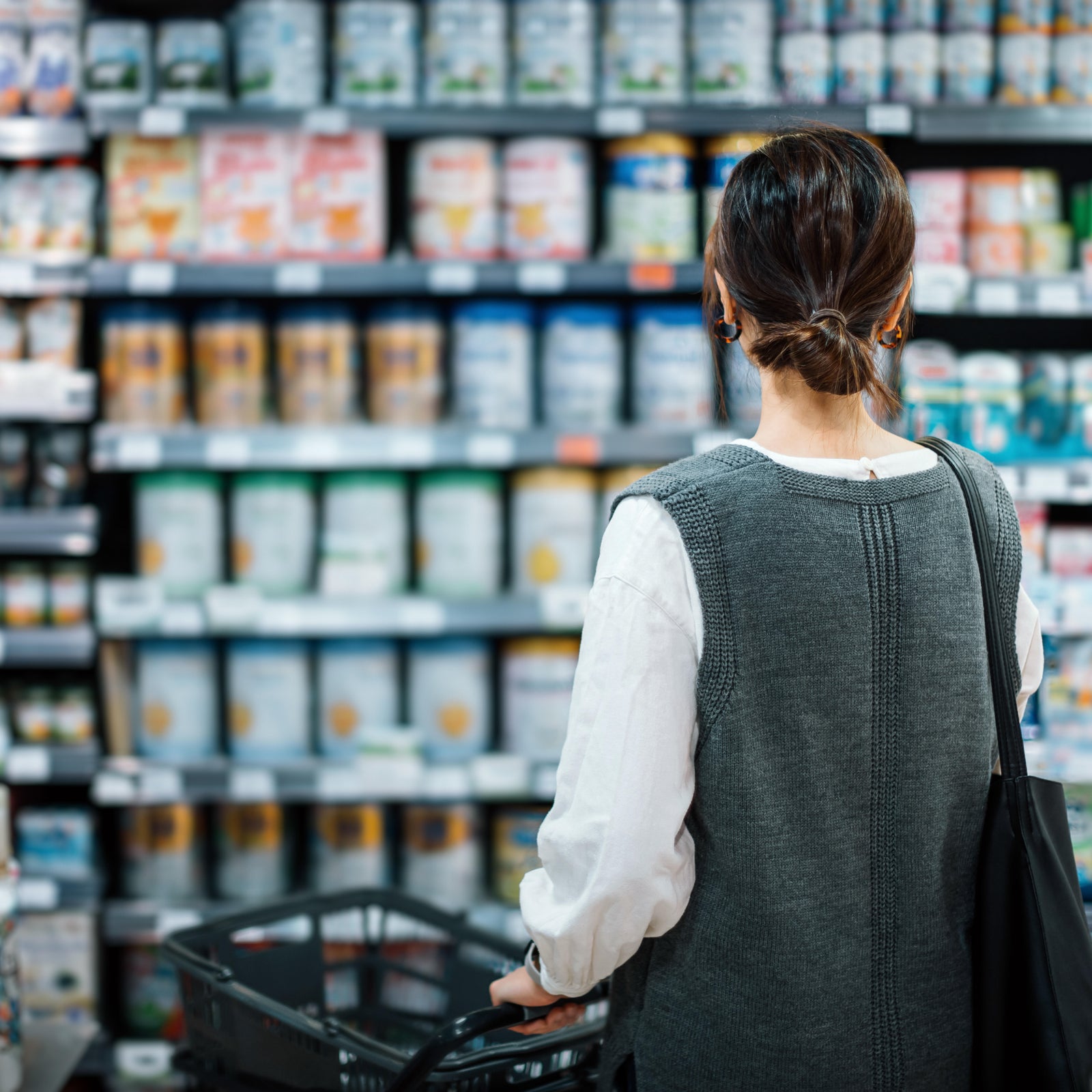
U.S. tariffs on imported goods are now routinely set at 15% as a baseline. This is happening even as President Trump aims to establish fresh trade agreements.with Japan, the European Union...and fellow international economic collaborators, he's significantly increasing tariffs to a level not seen for many years.
Speaking at an AI summitThis past Wednesday, Mr. Trump stated that the U.S. would implement a "straight, simple tariff" ranging from 15% to 50%, adding that the lower end of the range would be contingent on countries making their economies more accessible to the United States.
Unless new trade agreements are finalized, the White House warned that significantly increased tariffs might be imposed on numerous nations as early as August 1. The Trump administration is also pursuing a distinct negotiation schedule with China.has a deadline of August 12th for an agreement.
With the emergence of these updated international trade regulations, businesses in various sectors are highlighting that increased tariffs lead to increased operating expenses, which in turn result in higher consumer prices.
1. As an illustration, Nestlé announced on Thursday that it might raise prices on items like candy bars due to tariffs potentially reducing the company's profits. 2. Similarly, Italian fashion house Moncler stated on the same day that they have already increased clothing prices to compensate for extra expenses caused by tariffs. 3. Furthermore, General Electric reported this week that the suggested U.S. tariffs could cost them approximately $500 million in 2025 if implemented, adding that they plan to counteract these taxes through "cost controls and pricing actions."
Orange juice distributor Johanna Foods has escalated the situation, initiating a legal challenge this week against the Trump administration regarding its suggested policy.50% tariff on Brazil, a move the New Jersey-based firm warned would significantly damage their operations and necessitate price increases of as much as 25%.
The White House argues against the idea that increased U.S. tariffs will lead to higher expenses for companies and individuals.
White House representative Kush Desai stated to CBS MoneyWatch that the administration has repeatedly asserted that foreign exporters, who depend on access to the U.S. economy—the largest and most lucrative consumer market globally—will shoulder the tariff expenses.
Desai also highlighted a recent event.analysisaccording to the White House Council of Economic Advisers, which he claims demonstrates a decline in import prices this year.
Price hikes not "instantaneous"
Experts in economics are predicting that consumers will likely see price increases on various items, including leather goods, apparel, electronic devices, and cars, in the coming months.
Paul Ashworth, the chief North America economist at Capital Economics, informed investors in a research report that while tariffs have so far had a minimal effect on consumer prices, they anticipate a growing impact in the latter half of the year. He added, "Now that the Trump administration is finalizing agreements that will result in tariff rates of 15% to 20% for most trading partners, and even higher rates for Chinese imports, we believe retailers will ultimately be compelled to increase consumer prices."
Inflation continued to be a factor in the initial months of 2025.fairly containedThis happened because numerous businesses and individuals rushed to buy imported items, hoping to avoid higher costs if and when significant new tariffs were implemented.
Trade experts suggest that widespread, significant price increases are not expected in the immediate future.
Ernie Tedeschi, the economics director at Yale's Budget Lab, explained to CBS MoneyWatch that opening up that "hood" won't result in uniform effects on all spending areas. He noted that sectors with higher import volumes will be more affected by tariffs.
Over a longer period, it's expected that a higher standard tariff, along with increased taxes on specific nations, will push American prices up by 2% in the coming two years, as per an.analysisSourced from Yale's Budget Lab.
Tedeschi continued, "The change won't be immediate; it's not like we'll wake up tomorrow to a completely different world."
However, he cautioned that certain product categories reliant on imports might experience particularly steep price hikes as the novel U.S. tariff system solidifies its place in worldwide supply networks. The Yale Budget Lab predicts that imported leather footwear and purses, as well as clothing, could see price surges of at least 40%, while electronics costs may climb by over 20%.
Post a Comment for "Trump Tariffs: U.S. Price Hikes Inevitable?"